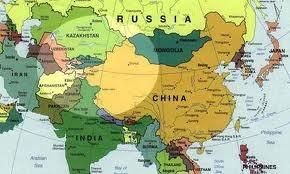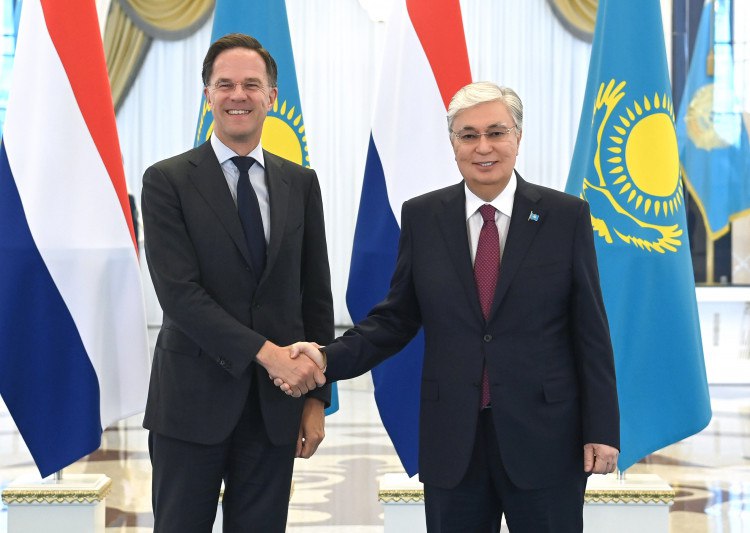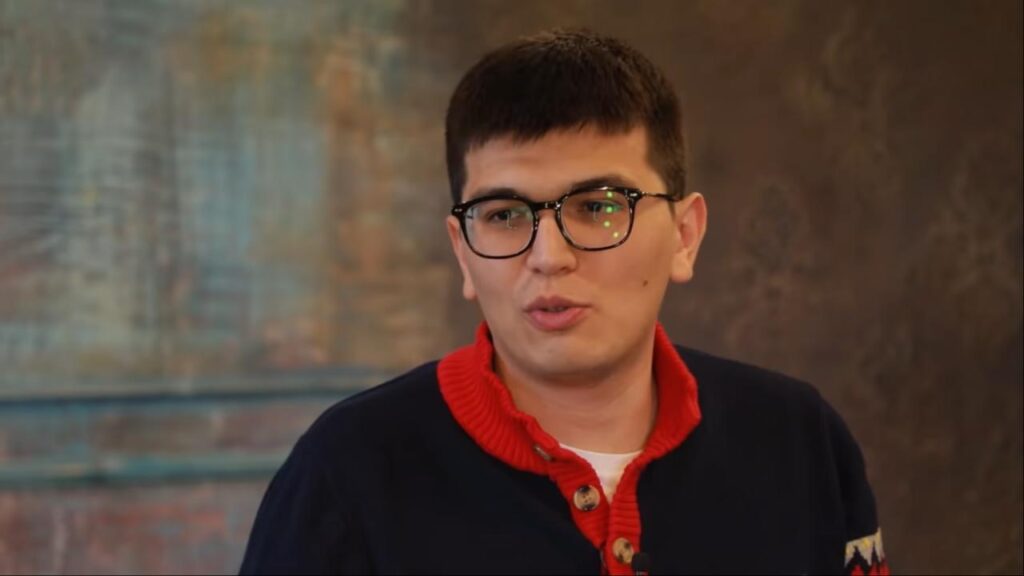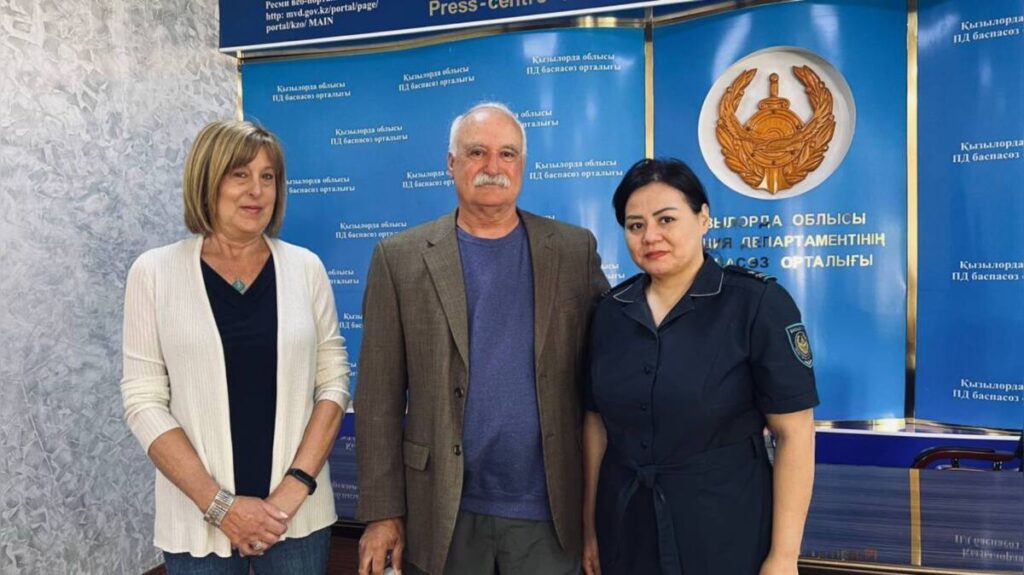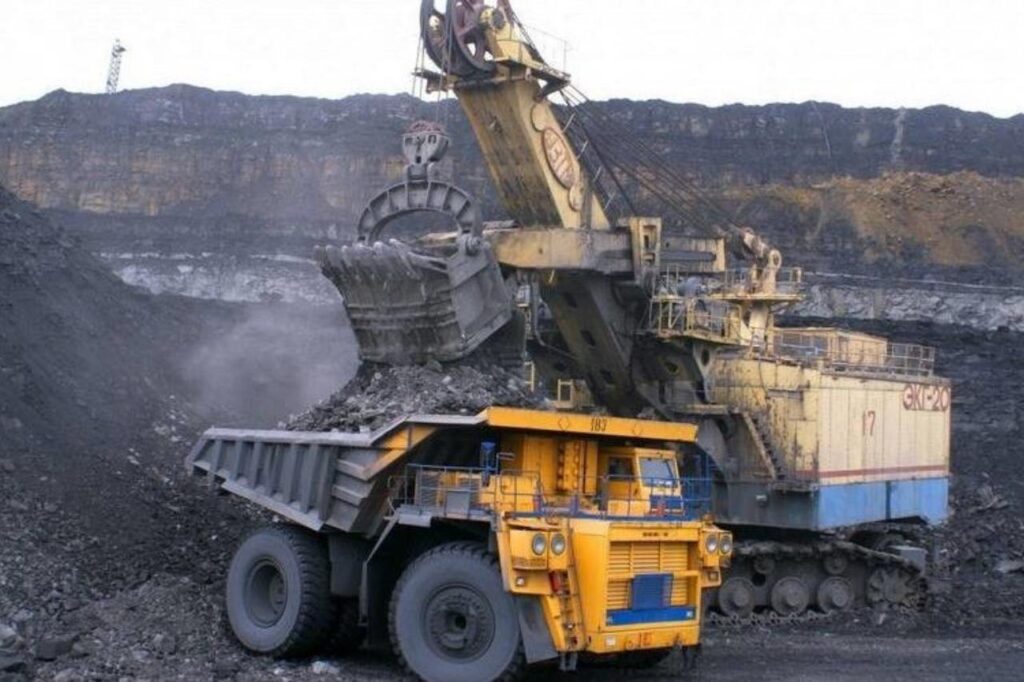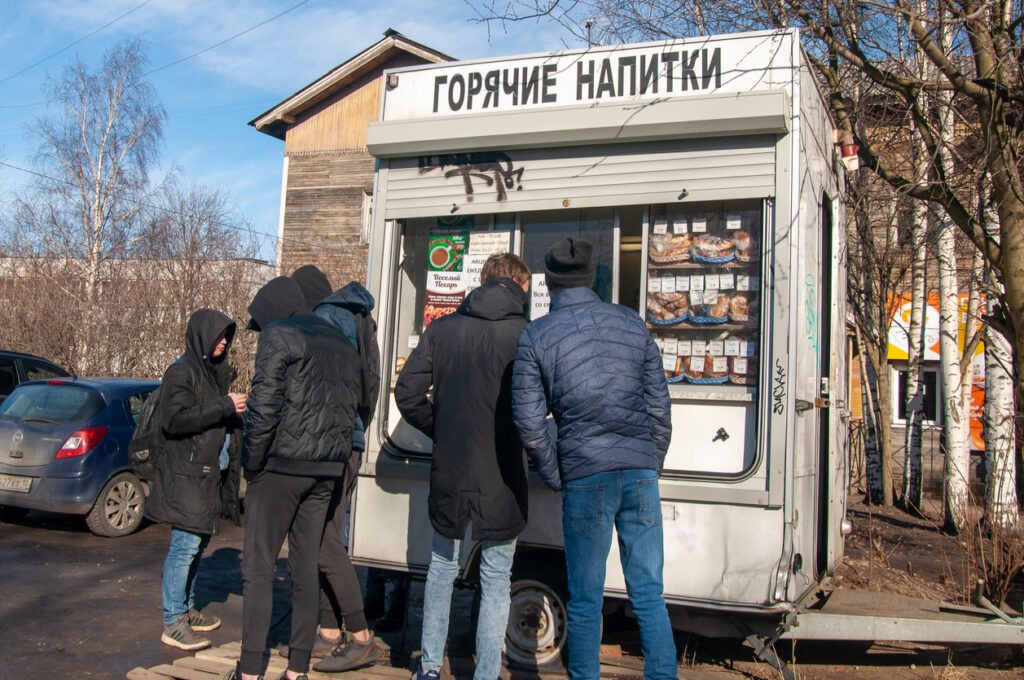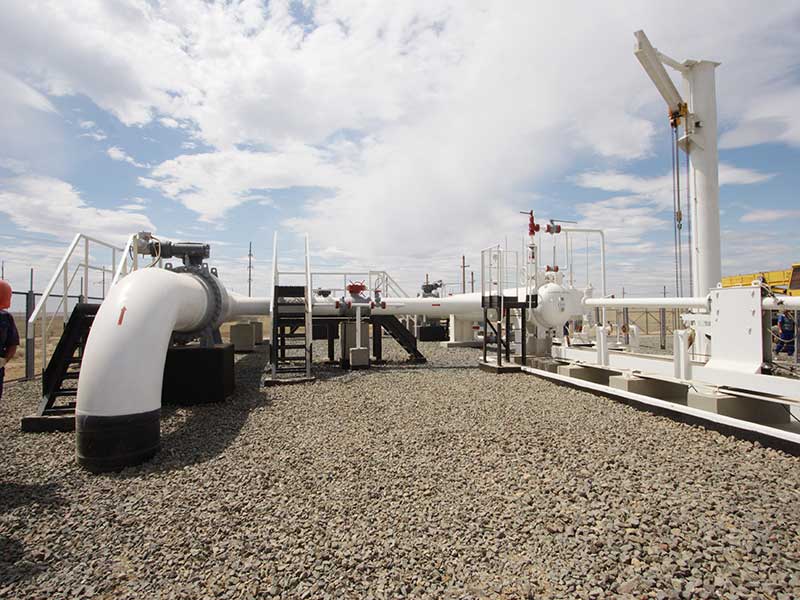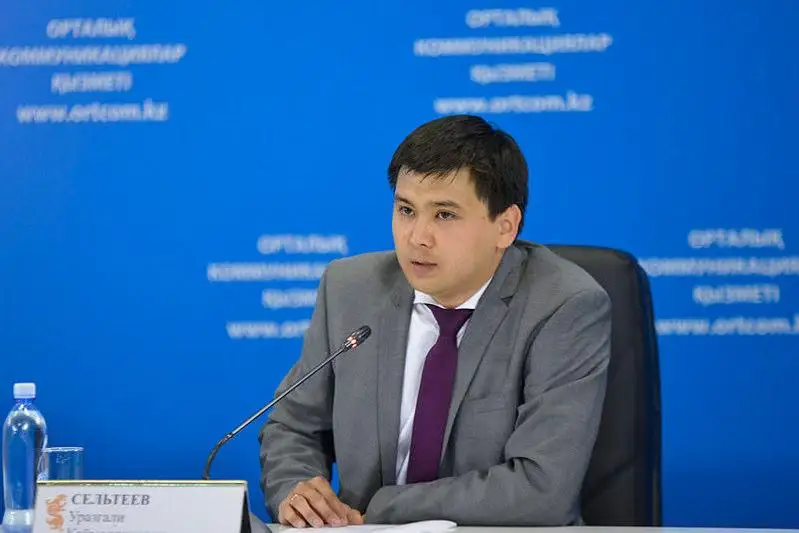BISHKEK (TCA) — The Times of Central Asia presents to its readers Stratfor’s Global Intelligence, a weekly review of the most important events that happened in the world — from Europe to Middle East to Russia to Central Asia to Afghanistan to China and the Americas.
The Week That Was
Last week, Stratfor published its annual forecast, which sets out our expectations for 2016. Compiling the annual forecast is a key moment in our process: It forces us to take a new look at events that happened over the past year (and how they aligned with our previous forecast) and perform a zero-based predictive analysis for the coming year. There are a number of significant themes in our latest forecast, many of which we’ve already been tracking in regular analyses or even in this very digest. But taking into account the events of the past week, the forecast on the future of the Islamic State stands out.
The Islamic State recently lost control over some notable locations, including the city of Ramadi in Iraq and the Tishrin Dam in Syria. While on its own, the loss of these sites isn’t a massive blow to the Islamic State’s capabilities, it does serve as an important indication of the direction the conflict is heading. We continue to see many different actors gradually encroach upon the Islamic State, a trend that could even come to include some level of Turkish and Arab ground presence. The fight against the Islamic State isn’t over yet, but the group is at a growing disadvantage.
Our annual forecast also highlights the worsening tensions among members of the European Union, something recent events again seem to support as the new Polish government settles into its position. The Euroskeptic government is trying to establish its control over the country by challenging constitutional and military leadership in Poland, actions that could also have a notable impact on Warsaw’s relationships with the rest of the European Union or with its other allies. The new government’s aggressive moves are creating concern over Poland’s pro-business attitude and its ability to maintain military support from the United States and Europe.
Elsewhere on the Continent, we saw further evidence that a decision has been made to push back the resolution of the conflict in eastern Ukraine. The leaders of the Normandy Four – German Chancellor Angela Merkel, French President Francois Hollande, Ukrainian President Petro Poroshenko and Russian President Vladimir Putin – came to a last-minute agreement to extend the Minsk deal into 2016. Russia had been pushing for the extension but was uncertain as to whether Ukraine would agree to it; this week, Poroshenko once again came out against the upcoming elections in eastern Ukraine and pointed out the continuing cease-fire violations in the region. But before participating in the phone call of the Normandy Four, Merkel and Poroshenko held a private call first, which could indicate that Europe is putting pressure on Kiev. Indeed, Hollande’s press service said France supports the elections moving forward, against Kiev’s wishes. The next thing to watch for is how long the Minsk agreements will be extended into the New Year, since no deadline for implementation was set and the eastern separatists plan to hold elections early in 2016.
Full Articles
Annual Forecast 2016
2016 is shaping up to be an unsettling year for much of the world. The United States and Russia are still locked in an intractable standoff. Nationalism is resurfacing in Europe. The price of oil and other commodities are low. Chinese consumption is falling. And countries around the world are more resolved than ever before to intensify their military campaigns against the Islamic State. But it is important to remember that all these trends are connected, and the way they play out this year could determine how tumultuous the world will be next year.
On the Origins of a Conflict
Since its emergence as an organized state, Russia has collided with the West. For over a millennium, the two have clashed economically, politically and militarily, using the countries that form the buffer between them as a staging ground for their rivalry.
With Ukraine’s Euromaidan uprising and Russia’s subsequent annexation of Crimea in March 2014, the long-standing conflict has been renewed. But just as the end of the Cold War did not resolve hostilities between Russia and the West, neither will a resolution to the Ukrainian crisis erase the fundamental imperatives that have pitted the two against each other for more than a thousand years.
How China Will Escalate the Anti-Corruption Campaign
Beijing’s normally passive political factions are on the move. Usually, they must lie low to avoid unwanted attention or being singled out as a threat. But in 2016 this passivity will become a liability. The 19th Party Congress will begin in October 2017, bringing the retirement of several top officials and marking the halfway point of Chinese President Xi Jinping’s tenure as the Communist Party’s general secretary. The networks of power that form — or break — in the next year will determine the shape of China’s next political order.
Macedonia’s Tumultuous Year Ahead
2016 will give Macedonia a chance to break a three-year political stalemate. However, its hopes for EU and NATO membership are not likely to be fulfilled anytime soon, ethnic violence remains a possibility, and immigrants will continue seeking entry into the country.
Venezuela’s Expensive Friendships
When Venezuela’s government forged an energy discount deal with Cuba 15 years ago, its government was eager to solidify ties with a leftist ally. In the ensuing decade it also inked oil-for-loans deals with China that helped avert default. But energy prices have fallen, Caracas is running out of funds, and everyone knows that Chinese financing is not a long-term solution. At some point Venezuela is in for a financial reckoning. The question is, just how much of its post-Chavez foreign policy will survive the debt restructuring process?
The Week Ahead
As we move into the first week of the New Year, the events of 2015’s end will continue to play out. New banking “bail in” regulations have come into force across the Continent, applying to every member of the European Union as of Jan. 1. The new rules will mean that when a bank gets into trouble, regulators will first seize capital from bondholders and depositors (or at least, those with over 100,000 euros in the bank) before moving on to the government and taxpayer bailouts that we have seen in previous years.
This development could carry serious political consequences, as Italian Prime Minister Matteo Renzi discovered when his country bailed in — the term used to describe when stakeholders’ assets are used to shore up the banks — the bondholders of four of its banks in November, creating a political storm that has put his reforms minister in danger of losing her job. (Renzi rushed the process through partly because of the 2016 regulations, knowing that they would limit his government’s room for maneuver.) Portugal, too, saw a flurry of activity take place ahead of the new regulations as its government rushed to get troublesome banking assets off its hands. This also had political repercussions, since it exposed the divisions within the newly formed and extremely shaky governing coalition. With the new regulations now in place, the danger will shift to the banks themselves in 2016. At the first sign of weakness, investors may be spooked by the prospect of seeing their deposits “bailed in” under the new regulations and could try to move their money elsewhere.
Meanwhile, lawmakers in Venezuela’s new National Assembly will take their seats on Jan. 5. The legislature features a 112-member supermajority for the opposition coalition Democratic Unity Roundtable. This supermajority will allow the opposition to revise and abrogate foreign treaties, remove the vice president and Cabinet ministers, and pass legislation virtually unopposed. The ruling United Socialist Party of Venezuela is already attempting to erode the supermajority through Supreme Court decisions, which could invalidate nine of the seats the opposition gained in the country’s Dec. 6 elections. If the opposition loses even two or three seats, it would lose its supermajority and the ability to recall the vice president and Cabinet ministers. The new National Assembly has already announced its intention to find the legal means to recall Venezuelan President Nicolas Maduro in 2016, setting the stage for political conflict between the legislature and the presidency. For now, Maduro will rely on the Supreme Court to counter threatening legislative decisions by the opposition. However, clashes between the political parties are likely to divert attention from crafting the economic measures needed to right Venezuela’s severe economic imbalances.


